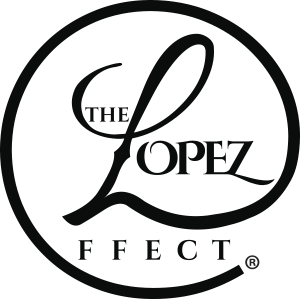20 Aug Is the Curriculum Really Preparing our Kids for a 21st Century World?
A few years ago while attending a dinner meeting with various business executives, they began expressing their disappointment with how many of their interns were under-qualified for entry level positions. One of the gentleman at the table started the conversation by saying, “I don’t understand this new generation, they lack critical thinking skills for some of the simplest things. Imagine how much time we have spent spoon feeding information, rather than having people who are resourceful and try to figure things out, they sit for nearly and accomplishing nothing. Ask a question, seek some help, but just don’t do anything.”
My immediate response was, “what do expect when we are forced to teach kids how to take a test, instead of cultivating critical thinking skills to solve problems and be productive in their future careers.”
From the conversation, it was clear that there are gaps between what children learn in schools versus the knowledge and skills they need to thrive in the 21st century. My experience as a career changers has afforded me the opportunity to experience what it’s like to work in corporate America, retail, non-profits, and the healthcare sector. This exposure helped me to design curriculum that included real-life problems my scholars would have to tackle when they entered college or a workspace. Rather than talk through an entire lesson, I would include time for them to grapple with problems, while working with their peers to develop a team building approach. My goal was for each child to become self-sufficient, resourceful, and build critical thinking through their learning.
Now that I am the principal of Mott Hall Bridges Academy, I realize that the only way our curriculum can reflect the skills and strategies our children need, we must close the gap that exist between our classrooms and the boardroom. In other words, if our teachers don’t know what is required in a 21st century world beyond their classroom how can they effectively prepare our scholars beyond their own limitations? It’s not just about having a school with the latest technology, but teaching children to solve problems, being adaptive, innovative, and accountable for their personal learning. One of the greatest challenges I have faced when teachers are asked to revamp or tweak their curriculum is that they fear that this is “something else additional” they need to do. But when we limit children’s learning, then we short-change the future we all have to co-exist in.
I believe that our K-16 education institutions, must collaborate with organizations for teachers, professors and CEO’s to map out the gaps and invest the time needed to develop curriculums that will be relevant to the 21st century. Imagine creating a pipeline from early elementary that will cultivates the next generation of prepared individuals who will add value to their future careers. It may sound pretty ambitious and the question will always be, “where do we find the time?” But 10 years from now when there is a shortage of qualified folks to work in various industries, will we decide that will be the right time? By then, I hope you would agree, it will be too late.

